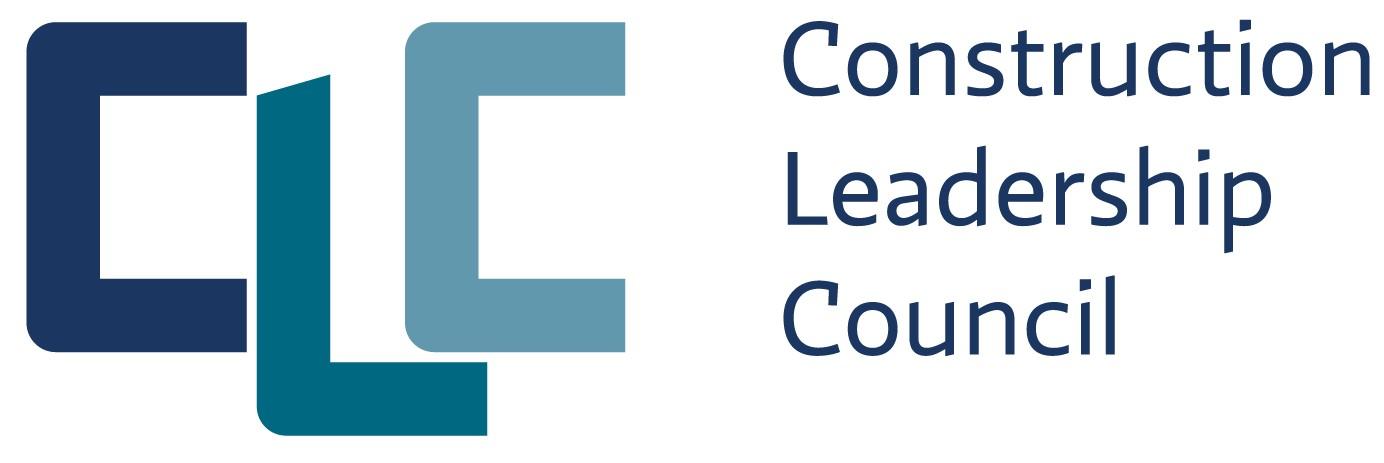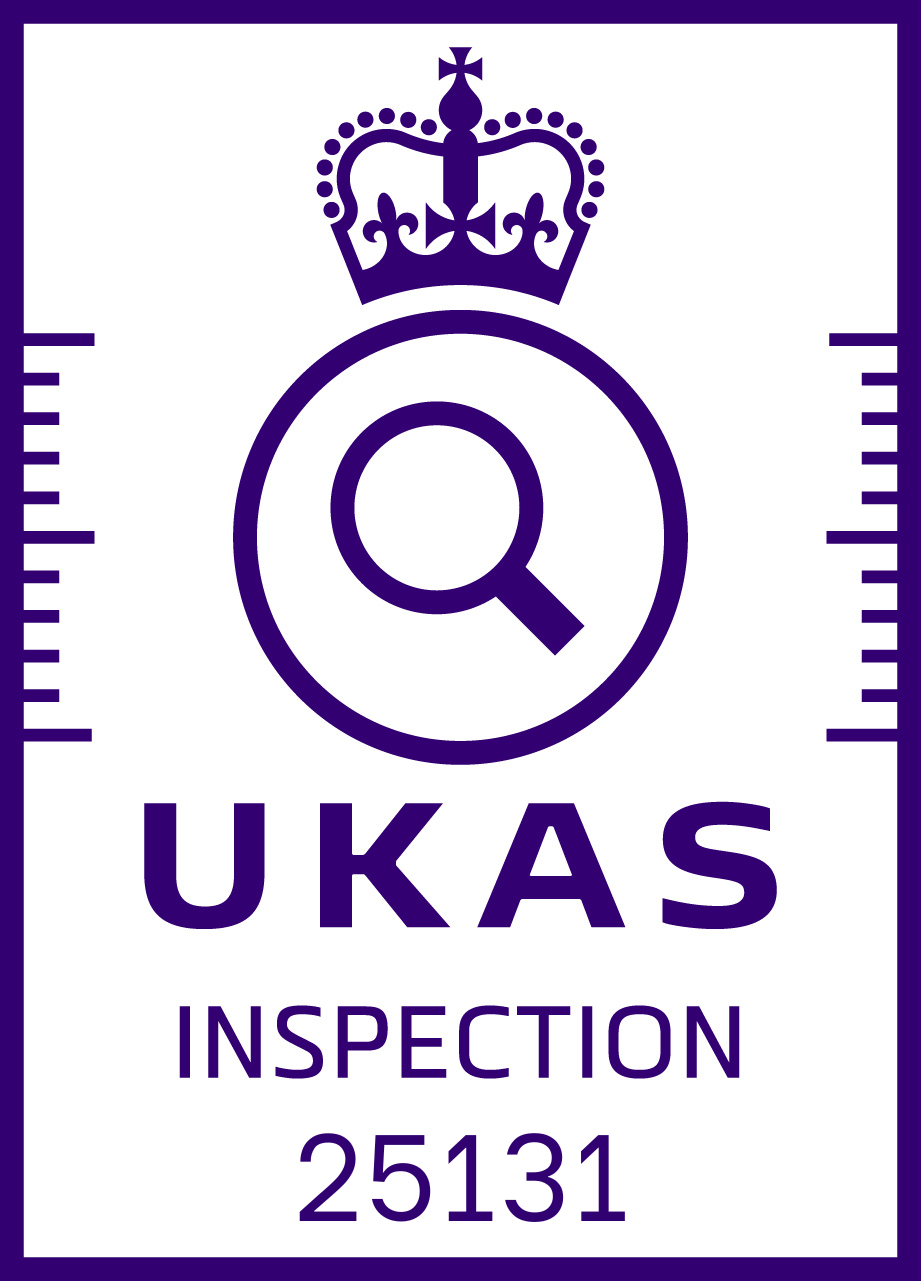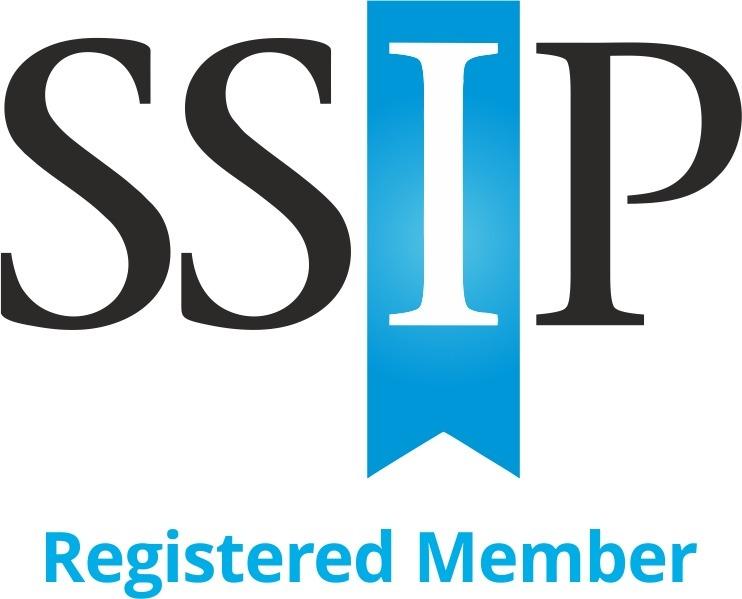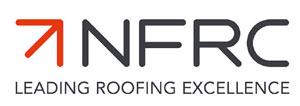CLC issues three new guidance documents for construction companies
The Construction Leadership council (CLC) has published three new guidance documents to help companies in the construction sector to manage the impact of COVID-19 on their business.
- The first of these, a “Summary Guide”, provides gives a precis of the CLC Contractual Best Practice Guidance, published by the group earlier in the year, to help achieve a collaborative settlement within the context of existing contracts.
- The Disputes and Collaboration group for the CLC issued the document “Future Proofing Guidance: JCT/NEC Contract Amendments”. Building upon the Contractual Best Practice Guidance, it offers a starting point for dealing with the COVID-19 pandemic in future contracts, with template options for amending the most common JCT and NEC forms of contract.
- Record Keeping Guidance is the third and final document. Good records can help parties resolve claims more efficiently and, can help to mitigate delay and/or additional costs if shared contemporaneously. The guidance advises on the types of records that parties should be keeping and how these records should be kept.
This new CLC guidance will be useful to all parties involved in construction projects and is welcomed by FASET (Fall Arrest Safety Equipment Training), the organisation that exists to support workers in the construction sector and promote safer ways of working. There is a fear amongst many in the industry that COVID-19 will result in costly and long-running disputes over the effects on project delivery under contracts.
FASET encourages the guidance on future proofing contracts to be considered by all parties who are entering into new contracts in the construction industry going forwards, as well as those looking to amend their current contracts. The record keeping guidance is particularly useful in providing tips to assist in resolving claims in relation to COVID-19 if they do arise. The Summary Guide is an accessible tool which will assist those across the industry in seeking to resolve issues arising from COVID19 and moderate its effect contractually.









